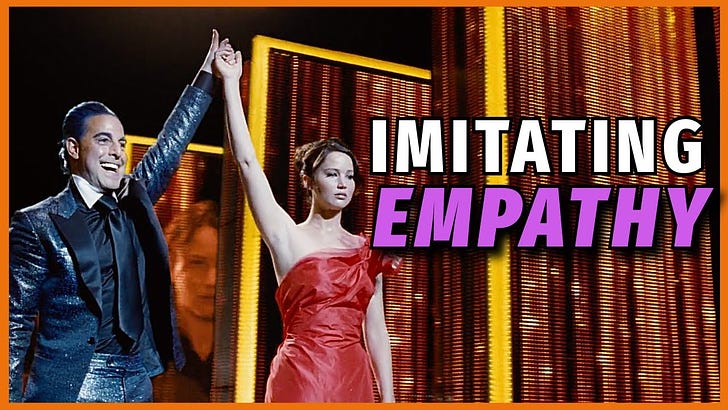Flashback: Yes, 'Hunger Games' was a signal from our culture
These truly tragic novels, and films, remain relevant in this scary mass-media age
Back when I was teaching my “Exegete the Culture” seminars — at Denver Seminary, Milligan College and then Palm Beach Atlantic University — students were often surprised that I spent so much time requiring them to research popular culture “hits” from the past.
I bring this up, because I am still working with my colleagues at Saint Constantine College in Houston (along with faculty from the nearby University of St. Thomas) to see if we can reboot the seminar. We hope to offer it to undergraduate and graduate students, as well as clergy seeking continuing education options.
In these seminars, I was always interested in the mass media that was swirling around my students. However, the reason I spent so much time on examples from past was to show them the kinds of media materials they were looking for as they tried to interpret what was happening in the present. To be honest, I also wanted to show them high-quality examples of mass-culture “signals” that were worthy of our class time.
In other words, to spot high-quality “signals” in the present, students needed to study important examples from the past. Here is a perfect example — focusing on the 2002 thriller “Signs” by M. Night Shyamalan — that was discussed in an earlier Rational Sheep post: “Learning to pay attention to popular culture — Have fun with this old test question from an ‘Exegete the Culture’ final exam.”
OK, some readers may be asking: What is a “signal,” in this context? In the very first Rational Sheep post, I offered a short definition of this concept: “A ‘signal’ is a piece of mass culture that raises an issue that clergy and the faithful cannot afford to ignore.” We are talking about doctrinal, biblical issues.
The other day, I ran into a YouTube video that I immediately filed for use in a new “Exegete the Culture” syllabus. It’s from “Five by Five Takes,” produced by “Sar,” a content provider who offers this short mission statement for the channel: “I like writing about stories and what they make me think and feel.”
The name of the video — embedded at the top of this post — is “The Perfect Cruelty of the Hunger Games.”
I have always been intrigued by the Hunger Games novels, by Suzanne Collins, for several reasons.
First of all, the books are — in the truest sense of this literary term — tragedies. As a rule, the modern consumer doesn’t like the sobering messages found in tragedies.
Second, Collins made it clear that the books were inspired by her experiences watching the fluff of “reality TV” during a time frame in which, with a click of her TV remote, she could switch right over to hellish satellite images from real warfare. This called to mind the “And now … this” theme in the work of the late Neil Postman, primarily his classic "Amusing Ourselves to Death: Public Discourse in the Age of Show Business.”
Keep reading with a 7-day free trial
Subscribe to Terry Mattingly -- Rational Sheep to keep reading this post and get 7 days of free access to the full post archives.




